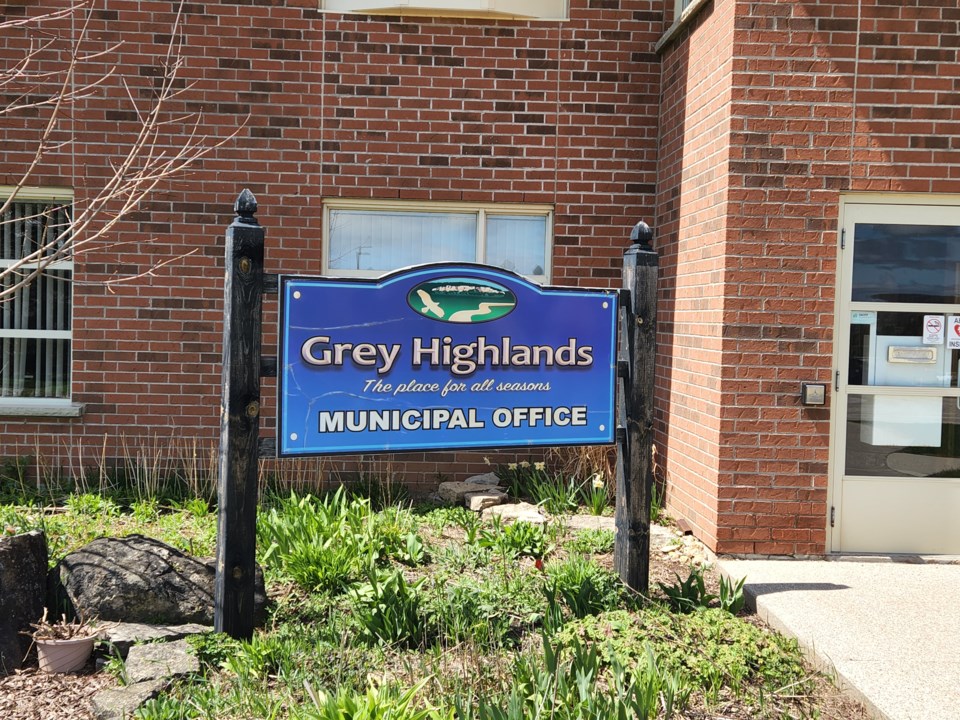The Municipality of Grey Highlands will soon have a new site alteration and fill bylaw.
At its meeting on June 7, council approved a staff report recommending that the new fill bylaw come forward for official approval at council’s next meeting on June 21.
The bylaw had come to council previously for approval, but council requested that a public consultation be held. Staff subsequently posted the draft bylaw online and on social media and invited comments/questions from the public.
Any questions from the public received a response and all comments were acknowledged. Staff did not recommend any changes to the bylaw based on the public comments.
Council approved the report unanimously in a 7-0 vote, however some members of council continued to have lingering questions about the new regulations and an amendment from Mayor Paul McQueen to increase the amount of fill allowed to be brought to a property before a permit was required was accepted by council.
The bylaw originally said that any operation bringing more than 500 square metres of fill to a property would require a permit from the municipality. However, McQueen successfully amended the total amount to 1,000 square metres.
The mayor argued that a rural landowner putting in or rebuilding a long driveway could easily exceed 500 square metres of fill (which staff said is approximately 25 truckloads of material).
“Twenty-five truckloads don’t go a long way for a rural driveway,” said McQueen, who noted that the intent of the bylaw was to introduce municipal controls on massive fill operations. “The whole intent of this is the big dumps. The big areas of materials. We have seen those sites throughout our municipality. I’m thinking about that one time somebody has to build a driveway. To go through the whole (permit) process would be cumbersome for a one-time project.”
Chris Cornfield, the director of transportation and public spaces confirmed that a landowner building a driveway requiring more than 500 square metres of gravel would need to get a permit. Cornfield said the 500-metre number was gleaned from staff’s evaluation of other municipal fill bylaws. He explained that the main purpose of the bylaw was to give the municipality the ability to protect its road system, which is often deteriorated or damaged by ongoing heavy truck traffic from fill operations.
“The bylaw is for the protection of municipal infrastructure,” said Cornfield.
McQueen also wondered if the bylaw should include an exemption of some kind for the import of high-quality top soil to the municipality. McQueen noted that quality top soil coming in would be a benefit to the farming community.
“Top soil in southern Ontario is gold,” he said.
Rather than suggesting an amendment for top soil on the fly, council decided it was an item to think about for a possible future amendment to the bylaw if found to be necessary.
Coun. Nadia Dubyk pointed out that the bylaw included a list of bylaw infractions and fines of either $250 or $500. Dubyk asked if the penalties could be increased.
“We set standards for a reason. Is there room to increase (the fines) so we can dissuade people from bad behaviour?” Dubyk asked.
Alysha Milliner, the municipality's manager of infrastructure, explained that the fines were similar to those charged by other municipalities. She said going higher would require the municipality to prove the fines were necessary in front of the senior regional justice.
“If we do anything higher, we have to build a business case,” she said.


